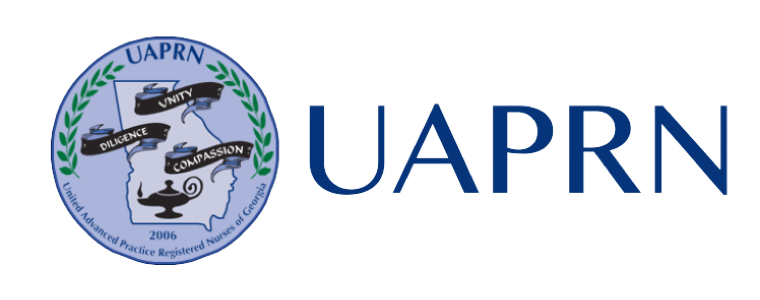Critical Need for Rapid Response
Posted about 14 years ago by Laura Searcy
Legislative Update, February 15, 2012
Critical Need for Rapid Response
You have consistently reported this restriction as a significant barrier. The success or failure of this bill in the face of well-organized and funded opposition is in your hands
Each APRN who has experienced a barrier to patient care because of the restriction on ordering MRI’s, CT Scans and other radiographic imaging studies must send me a paragraph describing on or more instances where patient care was negatively affected by sunday, February 19 at the latest.
Senate bill 386 has been introduced and assigned to committee. The medical groups are opposing our bill. A hearing is imminent. Today is day 20 and this bill must pass the full Senate by the 30TH legislative day and go the House of Representatives in order to have a chance of passage this session. Our sponsor has asked for specific data on the negative effects of the restriction on ordering radiographic imaging tests in the form of specific examples from a variety of clinical settings from around the state. There are no formal studies that have been done that contain this data therefore, your responses are our only way to document the need to pass this legislation.
Prior requests for this documentation have been made with little response. You have consistently reported this restriction as a significant barrier. The success or failure of this bill is in your hands. If the barriers to APRN practice in Georgia are to be removed each and every one of you needs assist by providing the requested information.
Our opposition is well funded and organized. But we are over 4,000 strong and have the best interests of our patients as the priority.
A clinical example should include the type of setting you practice in and your location in Georgia. Georgia .
Send your response to Laura Searcy at laurafsearcy@gmail.com AS SOON AS POSSIBLE.
A sample letter to your Senator with heir contact information where you can cut and paste this clinical example will be provided in a separate communication.
Contact me if you have any questions and thank you in advance for your response.
Examples of possible negative consequences you have experienced may include:
- Delays in timely diagnosis and treatment while a physician signature is sought. Often this delay can be substantial, especially in rural and underserved areas where there is a significant physical distance between the location of the APRN and collaborating physician.
- Interference with complete discharge planning and follow-up, as the APRN can complete all other orders and arrangements for follow-up care, but must stop and seek a signature if the discharge plan includes an imaging scan.
- Increases costs and patient inconvenience
- Problems with transparency and accountability. A physician would not be signing an order for a patient he/she has not evaluated. Test results would go directly to the provider of record as well as the collaborating physician. Liability risk would decrease because of reduced delays and potential complications that may result from delayed care.
- Difficulty with appropriate billing under the correct providers NPI number
